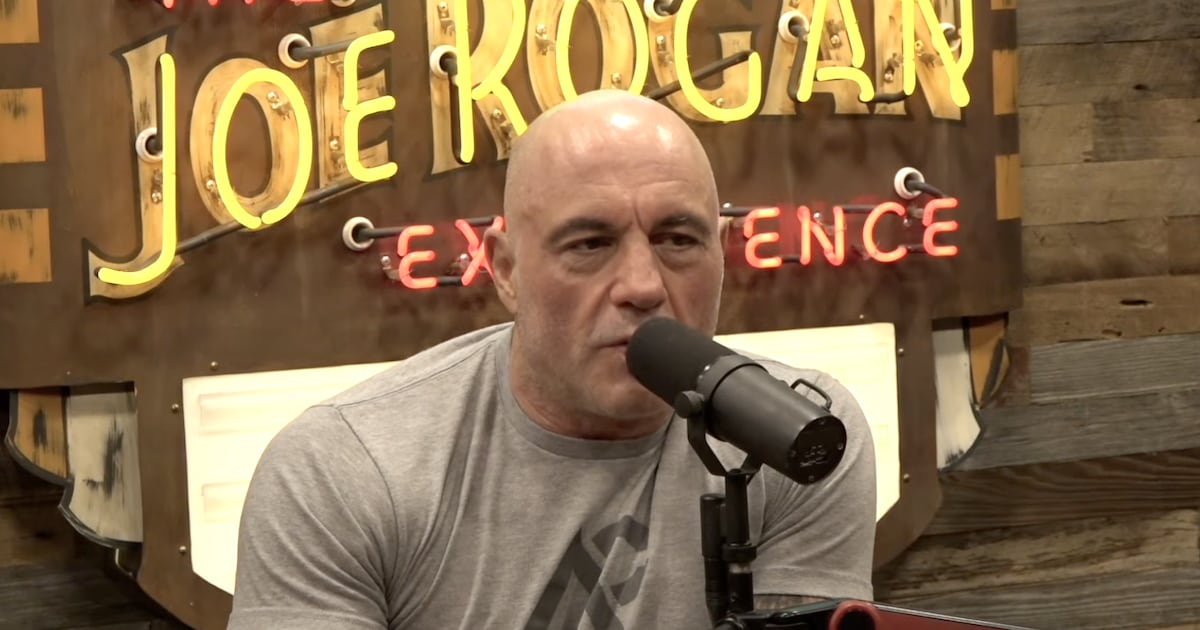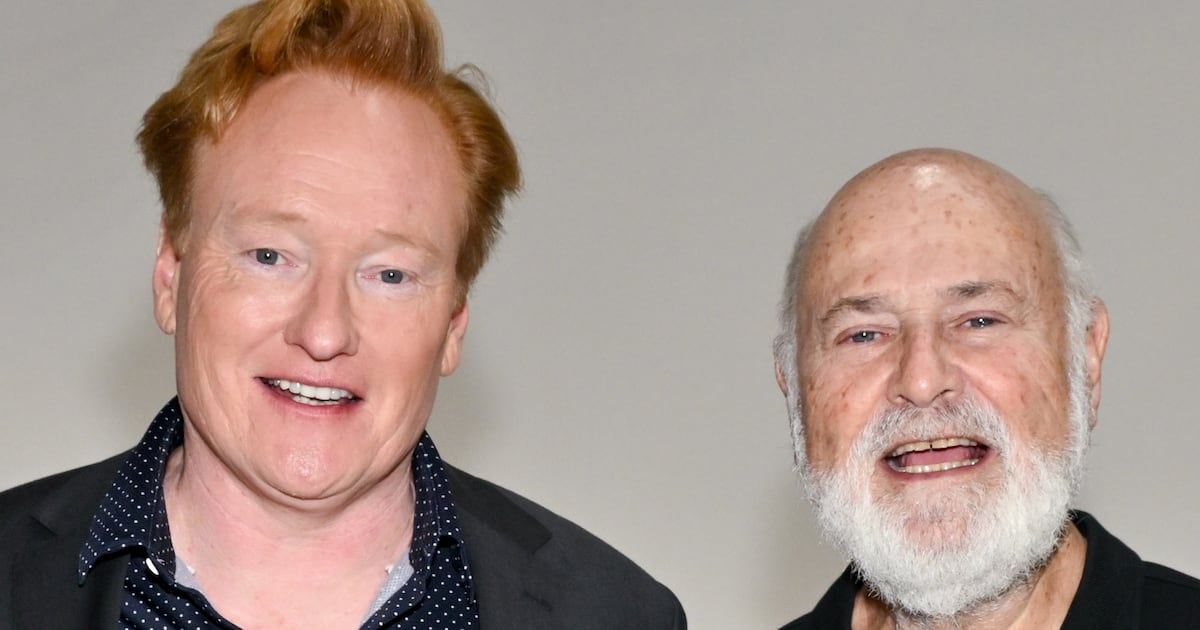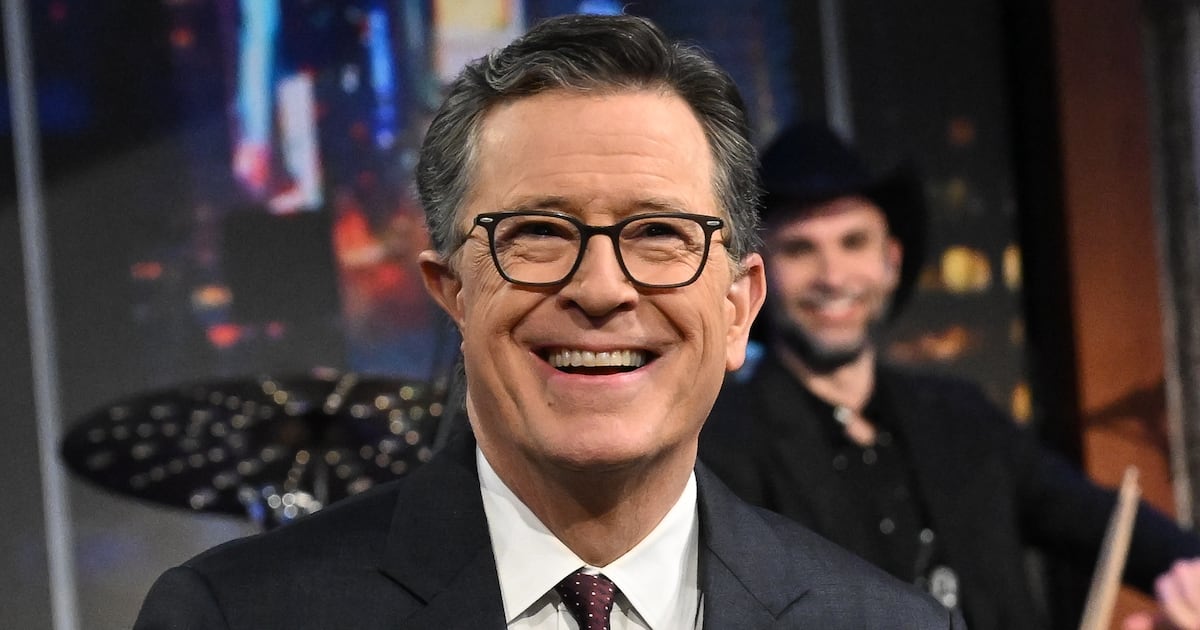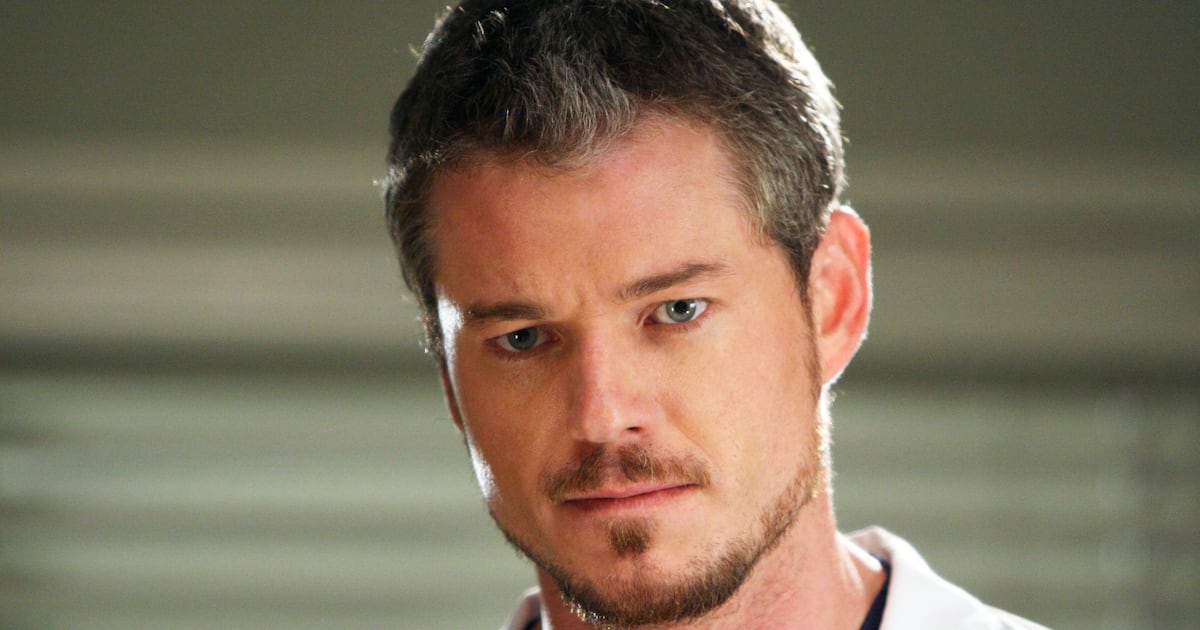Superfluousness, thy name is House of the Dragon, a hybrid of HBO’s two most recent mega-hits—Game of Thrones and Succession—that serves as a prequel to the former that no one really asked for, and even fewer will feel is necessary.
Based on George R.R. Martin’s 2018 novel Fire & Blood, the cable giant’s highly anticipated follow-up, set two centuries before the events of its prior fantasy epic, turns out to be a remix of everything that defined that beloved triumph, from various houses and court players scheming to solidify their power and position, to humdrum bouts of ultraviolence and gratuitous nudity, to routine and joyless royal incest. Supplying a familiar brand of conniving, carnage and tangled drama, Martin and Ryan J. Condal’s show is a big-budget affair that’s been designed to please the franchise faithful. What’s missing, unfortunately, is anything remotely novel, causing it to flirt perilously with pointlessness.
As with its predecessor, House of the Dragon (Aug. 21) should come with a glossary, so chockablock is it with names of people, places, beasts, and conflicts. For all its complications, however, it’s a decidedly conventional affair whose first five episodes function as prologue for its forthcoming saga. The early focus is on platinum blonde paterfamilias King Viserys I Targaryen (Paddy Considine), who assumes the throne instead of his cousin Princess Rhaenys Velaryon (Eve Best) and, in the ninth year of his reign—a good 172 years before the Mad King will perish and Emilia Clarke’s Daenerys Targaryen will be born—is desperate for a male heir. He’s convinced that his pregnant wife’s latest child will be the boy he seeks, which is just fine by his daughter Princess Rhaenyra (Milly Alcock), whose time is mainly spent in the company of her best friend Lady Alicent Hightower (Emily Carey), the daughter of Ser Otto Hightower (Rhys Ifans), the trusted Hand of the King. When things don’t go as planned for Viserys, King’s Landing is thrown into disarray, and a brewing war for the Iron Throne—waged not on battlefields but in council chambers, bedrooms, and shadowy corridors—comes into clear view.
Questions of lineage and succession are the lifeblood of House of the Dragon, and soon escalate due to Viserys’ decision to both announce Rhaenyra as his heir and then to marry Alicent, who bears him a son—thus creating competing claims for the crown. Speaking of which, Viserys’ brother Prince Daemon (Matt Smith) also thinks he should govern the Seven Kingdoms, this despite the fact that as the head of the City Watch, he behaves like a murderous maverick and makes no bones about his royal ambitions. Additionally involved in this tangled web is Rhaenys’ husband Lord Corlys (Steve Toussaint), the “Sea Snake,” whose House Velaryon naval fleet is the greatest in the land, and who—still bitter about his wife being passed over for the Iron Throne—wants to solidify his clan’s standing through marriage and conquest. His opportunity for the latter arrives courtesy of a growing rebellion in the Stepstones waged by a fiend known as the Crabfeeder, whose victims are turned into food for the region’s beach crabs, and whose creepy mask makes him resemble a Game of Thrones variation on WWE wrestlers Mankind and Kane.
Despite initial intimations to the contrary, the Crabfeeder is not House of the Dragon’s very own Night King. In most other respects, though, Condal and Martin’s series sticks to a proven template. Be it the lesions on Viserys’ back that imply a not-so-healthy fate for the king, the sword-fighting clashes in which protagonists slash their way through hordes of enemies, or the clandestine maneuverings orchestrated by lords and ladies to curry favor and sabotage their rivals, the proceedings are of a depressingly formulaic variety. There’s nothing new under this Westeros sun, and while a more generous reading might contend that this is Martin’s means of commenting on man’s immutable nature, it mostly resonates as uninspired rehashing. Solid (if stolid) performances from its stars notwithstanding, Viserys’ handwringing, Rhaenyra’s determination, Alicent’s bitterness and Daemon’s rebelliousness are all unadventurous riffs on a classic tune, transforming the show into an exercise in playing it as safe as possible.
But what, say you, of the dragons themselves? House of the Dragon certainly features a collection of scaly winged beasts that fly about and set armies and animals ablaze with their incendiary breath. What they don’t do, however, is factor into the narrative in a meaningful way; they’re just decorations included to satisfy those who expected a show with “Dragon” in its title to be awash in monstrous mayhem. Learning how dragons are trained, and the purpose of their eggs to the Targaryen family, will be of some minor interest to die-hards. Yet for the most part, the creatures are a squandered opportunity, consigned to the sidelines in favor of more been-there, done-that human squabbling and plotting, alliances, and betrayals. In terms of hold-over franchise elements, they’re as central to the action as the series’ obligatory nudity and gore, which so fleeting as to feel dutiful—if, thankfully, unsullied by the misogynistic sexualized violence that occasionally typified Game of Thrones.

Prince Daemon Targaryen (Matt Smith) in House of the Dragon
HBOIn its back half, House of the Dragon leaps forward in time, replete with older actresses assuming the roles of Rhaenyra (Emma D’Arcy) and Alicent (Olivia Cooke), thereby rendering the first five installments mere table-setters. Still, that situation isn’t as frustrating as these chapters’ lack of urgency. Condal and Martin’s tale proceeds at a measured pace, establishing its numerous pawns around its game board and then slowly pitting them against one another, all while referencing ancient lore (including the “Song of Ice and Fire” that prophesies the impending great winter) and introducing characters with famous surnames (Lannister! Baratheon!). Not for a second, though, does any of it resound as intriguing, thrilling or important, and the future storylines it sets in motion appear, on the face of it, to promise only more of the same.
Perhaps there are twists to come that will allow House of the Dragon to chart its own original course. And maybe some of its actors and actresses—aside from the already-compelling Smith—will eventually imbue their regal strivers with much-needed charisma. Alas, as it presently stands, this trip back in Westeros time is more world-building history lesson than vital pop-fantasy myth.
Keep obsessing! Sign up for the Daily Beast’s Obsessed newsletter and follow us on Facebook, Twitter, Instagram and TikTok.






